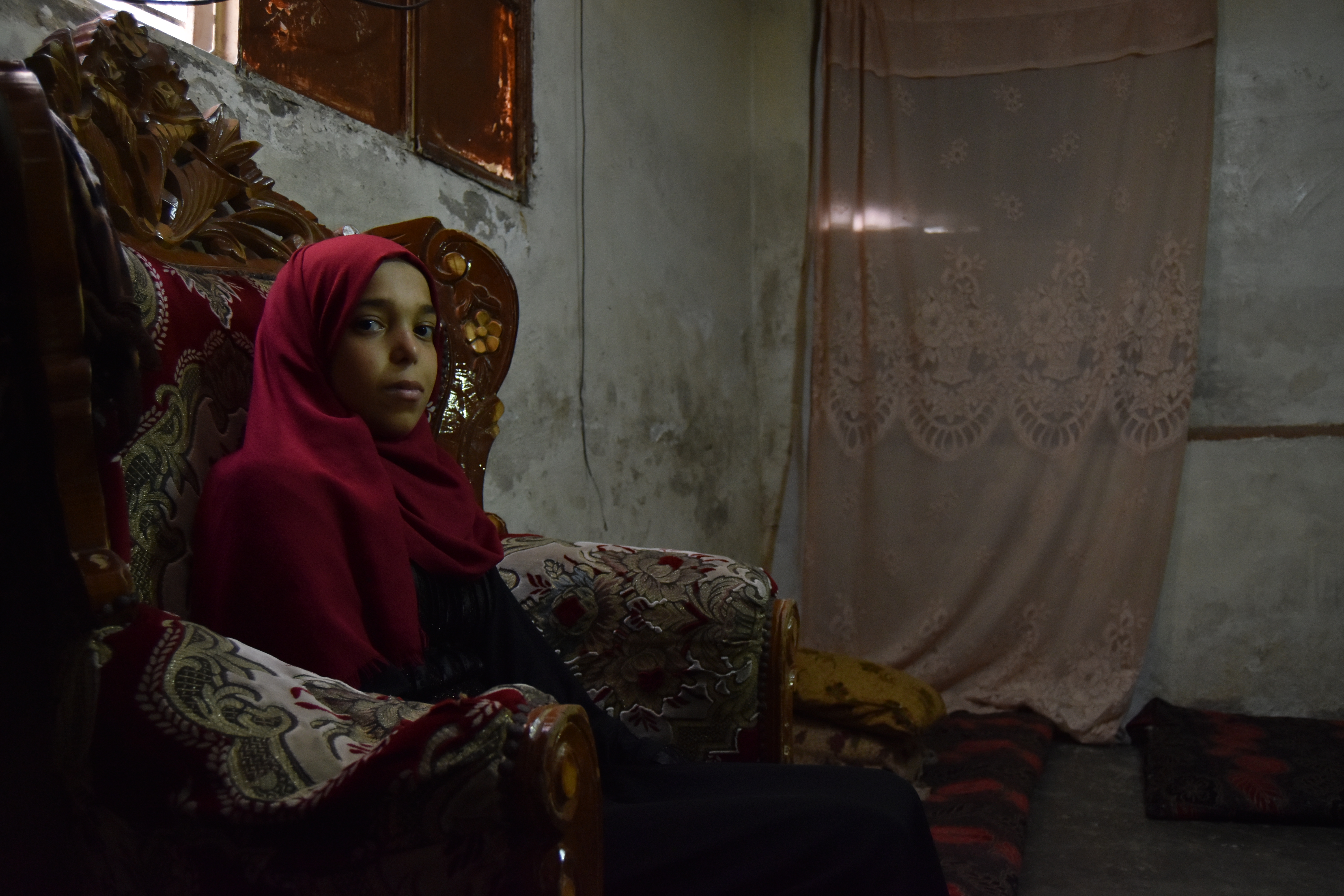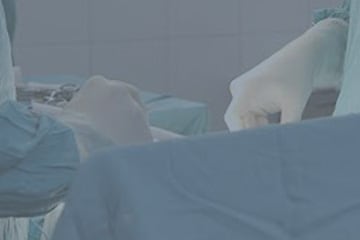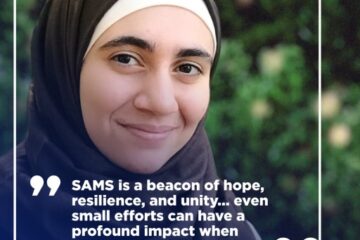October 5, 2018
Chronic care is beyond the capacity of many nonprofit health organizations, as well as UNHCR, due to high costs and limited funding. Most organizations are limited to providing basic primary care for Syrian refugees. However, 83% of Syrian refugee households in Lebanon report at least one family member is living with a chronic condition.
The cost of care is prohibitively high for refugee families in particular. An annual Vulnerability Assessment of Syrian Refugees (VASyR) found that over three quarters of Syrian refugees in Lebanon live on less than 4 USD a day. Further, approximately nine out of every 10 Syrian refugees are in debt. With dwindling resources, many families are faced with a decision to treat themselves or their loved one for a chronic condition, or to feed their families.
For those with kidney disease, the cost of a single dialysis session is 65 USD in Jordan and 110 USD in Lebanon. With many dialysis patients needing an average of three sessions per week, the cost of treatment is prohibitively expensive.
Patients like Asma, a 21-year-old refugee living with kidney disease in Azraq, Jordan, cannot afford the treatment they require.  Asma requires three dialysis sessions a week, however, she only receives two session a week, leaving her tired and sick in between sessions.
Asma requires three dialysis sessions a week, however, she only receives two session a week, leaving her tired and sick in between sessions.
UNHCR estimates that at least 25% of Syrian refugees with kidney disease face interruptions in their dialysis treatment, mostly due to the high cost of treatment. Roughly 200 Syrian dialysis patients in Lebanon, and an additional 129 in Jordan are at risk of losing access to treatment because of budget cuts.
Interruptions in treatment put these patients at an even higher risk of serious complications, including organ failure and death. Without treatment, many dialysis patients die within 10 days.
The SAMS Dialysis Program has supported the costs of dialysis sessions for 132 patients in Jordan and Lebanon, while working with other NGOs to develop a sustainable plan for patients with kidney disease. Throughout 2017, SAMS provided 11,195 dialysis services to patients in Bekaa, Beirut, and Tripoli, and supported five dialysis centers in Syria alone.
Earlier this year, in order to respond to the immediate and urgent needs of 130 identified patients in Jordan, SAMS covered two weeks of dialysis sessions for adults and a month of sessions for children under 18 until further funding was obtained. In Lebanon, SAMS continues to support 32 dialysis patients.
Through the Innovative SAMS Transplant Program, established in August 2018, SAMS supported the kidney transplant for Hanan, a 17-year-old Syrian refugee suffering from kidney atrophy. With a new kidney, donated by Hanan’s mother, Hanan can now return to school and fulfill her dream of becoming a lawyer.
For refugees with diabetes in Lebanon, UNHCR can help with some health costs, but patients must still cover 25% of the services and pay completely for any insulin and laboratory tests they may need.
In Lebanon alone, 10% of Syrian refugees there have diabetes. Of these patients, at least half cannot manage their diabetes with diet alone, requiring daily insulin injections and a number of other medications to keep them healthy.
These medications, including insulin, cost roughly twice that of the average monthly salary for refugees. This leaves most diabetic patients to rely on non profit health organizations for their medications.
The SAMS Diabetes Care for Syria Project, founded in May of 2017, seeks to obtain a reliable, sustainable supply of insulin and other diabetes medications and supplies, including syringes and blood sugar testing kits.
An estimated 40,000 to 90,000 diabetes patients requiring daily treatment live within a few miles of a SAMS facility. The Integrated Project Management Company (IPM) will be analyzing SAMS supply chain and project management process as the project continues to secure the large donations needed to expand the Diabetes Care for Syria Project.
SAMS remains dedicated to advocating for and providing chronic care support to refugees, displaced populations, and underserved communities in greatest need.
This blog post was written by SAMS Intern, Madeline Rae.





